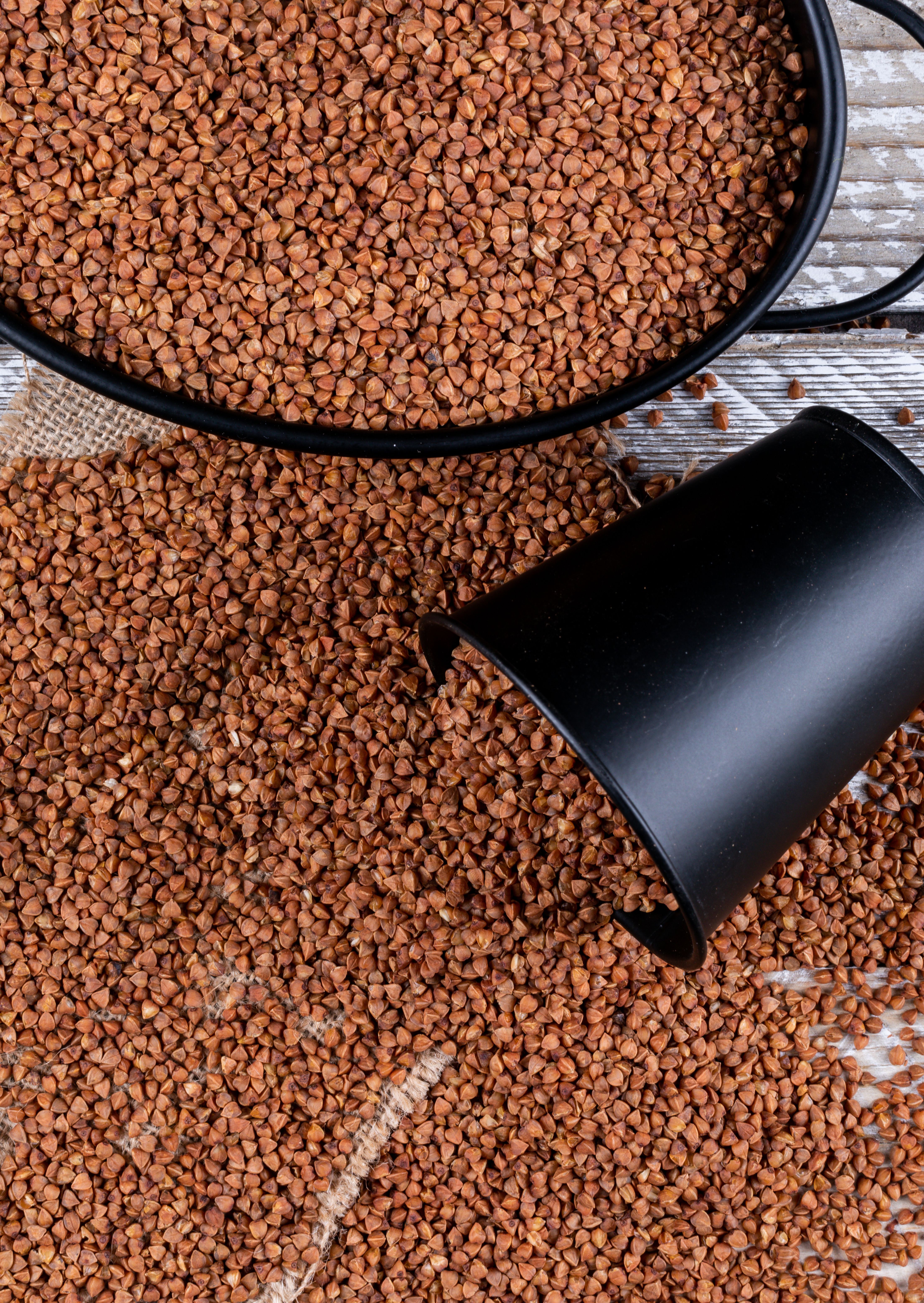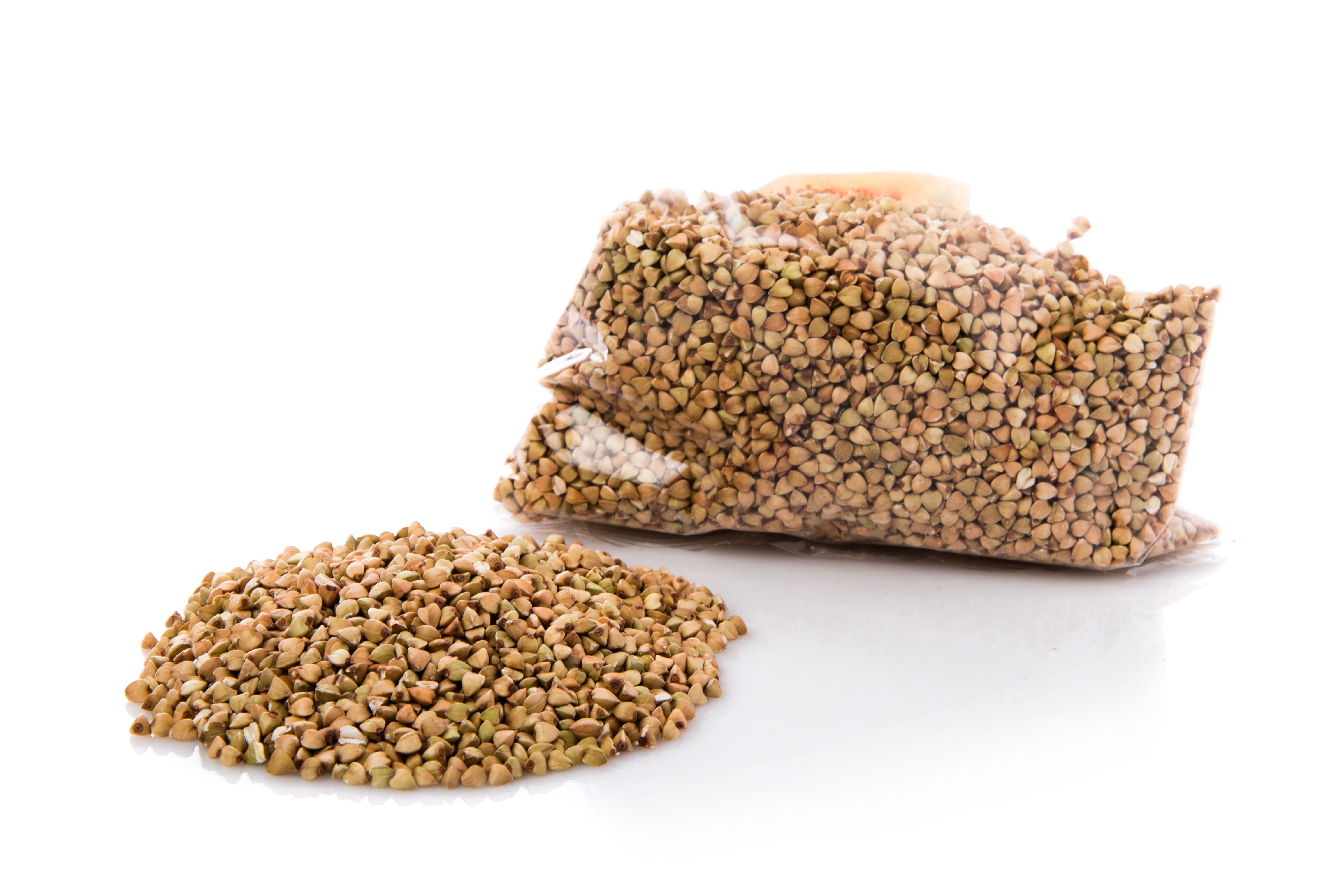Millet Seed
Millet seeds are small, nutritious grains derived from various species of grasses, primarily belonging to the family Poaceae. They are known for their high fiber content, rich protein, and essential vitamins and minerals, including B vitamins and magnesium. Millet is gluten-free, making it an excellent alternative for those with gluten sensitivities. These seeds have a mild, slightly nutty flavor and can be cooked and used in various dishes, such as porridge, salads, and baked goods. Millet is also recognized for its resilience and ability to grow in arid conditions, making it an important staple food in many parts of the world, particularly in Africa and Asia.
₹ 81.00
₹90
(Inclusive of all taxes)
-

No Warranty
-

COD Not Avilable
-

Non Returnable
-

Non cancelable
About this item
Millet seed refers to the small, round seeds harvested from various species of millet, a group of cereal grains belonging to the Poaceae family. Millet is a drought-tolerant crop that thrives in poor soils and is cultivated in many parts of the world, particularly in Africa, Asia, and parts of Europe.
Physical Characteristics:
- Millet seeds are generally small, ranging from 1 to 3 mm in diameter, depending on the variety.
- They can vary in color from pale yellow to gray, brown, or even white, depending on the specific type of millet.
- The seeds are hard and have a smooth texture, with a hull that may be removed during processing.
Nutritional Profile:
- Millet is considered a nutrient-dense grain, rich in protein, dietary fiber, and essential vitamins and minerals such as magnesium, phosphorus, and B vitamins.
- It is gluten-free, making it a popular choice for individuals with celiac disease or gluten intolerance.
Culinary Uses:
- Millet can be cooked and served as a side dish, similar to rice or quinoa.
- It can be ground into flour for baking bread, pancakes, and other baked goods.
- In various cultures, millet is also used to brew beverages or as animal feed.
Cultural Significance:
- Millet has been a staple food in many traditional diets for thousands of years and is often associated with sustainable agricultural practices due to its hardy nature.
- In some regions, it plays a significant role in cultural ceremonies and local cuisines.
Overall, millet seed is a versatile and nutritious food source with a long history of cultivation and consumption across the globe.
Millet seed refers to the small, round seeds harvested from various species of millet, a group of cereal grains belonging to the Poaceae family. Millet is a drought-tolerant crop that thrives in poor soils and is cultivated in many parts of the world, particularly in Africa, Asia, and parts of Europe.
Physical Characteristics:
- Millet seeds are generally small, ranging from 1 to 3 mm in diameter, depending on the variety.
- They can vary in color from pale yellow to gray, brown, or even white, depending on the specific type of millet.
- The seeds are hard and have a smooth texture, with a hull that may be removed during processing.
Nutritional Profile:
- Millet is considered a nutrient-dense grain, rich in protein, dietary fiber, and essential vitamins and minerals such as magnesium, phosphorus, and B vitamins.
- It is gluten-free, making it a popular choice for individuals with celiac disease or gluten intolerance.
Culinary Uses:
- Millet can be cooked and served as a side dish, similar to rice or quinoa.
- It can be ground into flour for baking bread, pancakes, and other baked goods.
- In various cultures, millet is also used to brew beverages or as animal feed.
Cultural Significance:
- Millet has been a staple food in many traditional diets for thousands of years and is often associated with sustainable agricultural practices due to its hardy nature.
- In some regions, it plays a significant role in cultural ceremonies and local cuisines.
Overall, millet seed is a versatile and nutritious food source with a long history of cultivation and consumption across the globe.
0 Review Of Product Millet Seed

No FAQs Found
Related Products
No related products found.

